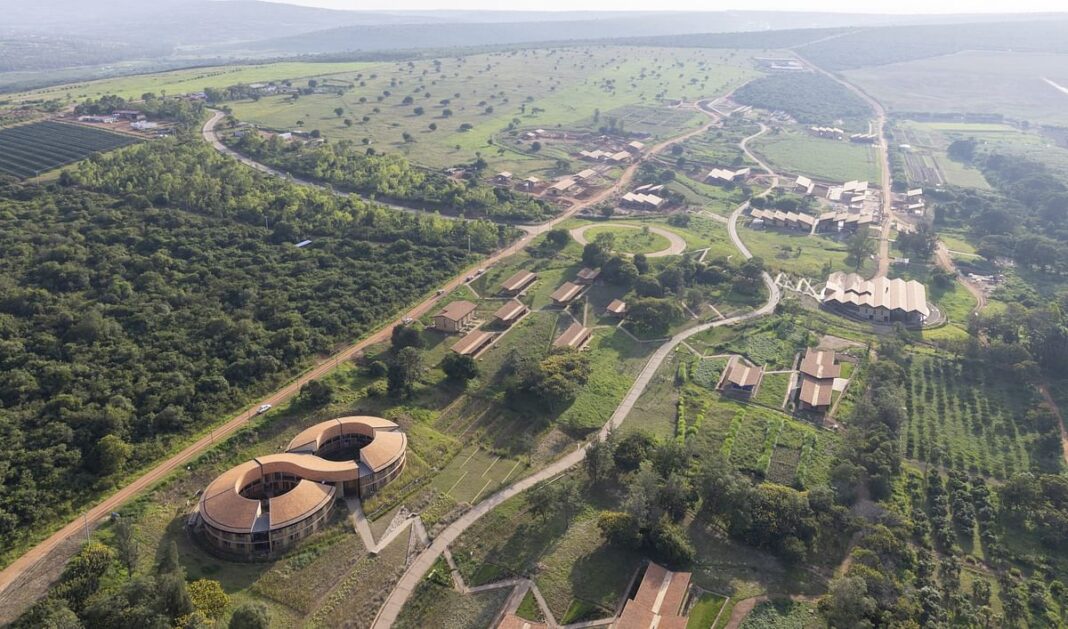The Harvard University Graduate School of Design (GSD) has announced that the 15th Veronica Rudge Green Prize in Urban Design has been awarded to the Rwanda Institute for Conservation Agriculture (RICA) campus in Bugesera, Rwanda. MASS Design Group led the project’s master planning, architecture, landscape, engineering, furniture design and fabrication, and construction. The firm will receive the $50,000 prize.
The biennial Green Prize recognizes exemplary urban design projects that function to improve the quality of life and demonstrate a humane and worthwhile direction for the design of urban environments.
As Rwanda’s population is expected to double by 2050, the RICA campus will help ensure the country’s future food security by educating the next generation of farmers and agricultural leaders in developing healthy, sustainable food systems.
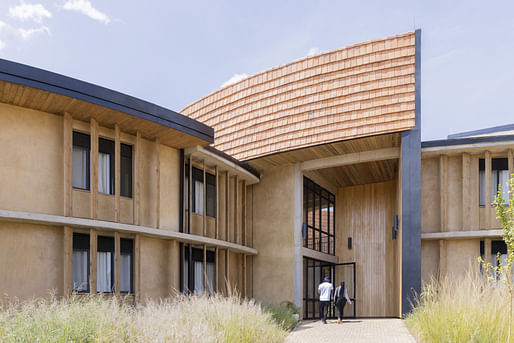
The campus’ master plan features more than 215,000 square feet of buildings and 1,400 hectares of landscape. It includes housing, academic spaces, barn storage, processing space, stormwater systems, human and animal waste management systems, and off-grid energy infrastructure. The master plan was guided by the theory of One Health, which is an understanding that human, ecological, and animal health are deeply intertwined.
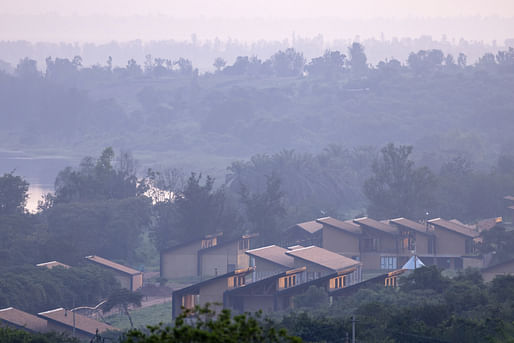
The campus is connected by a central spine that supports social movement and cohesion. This corridor features connective programming that spatially links agricultural techniques and supports campus life.
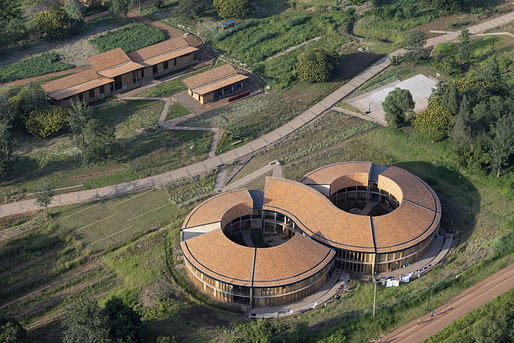
RICA’s research goals require a variety of feed options for livestock, including dairy cattle, goats, sheep, poultry, and swine. The landscape architects established spatial parameters for the campus enterprises, including biosecurity vectors for barns, circulation/feed routes, waste management, and pastures.
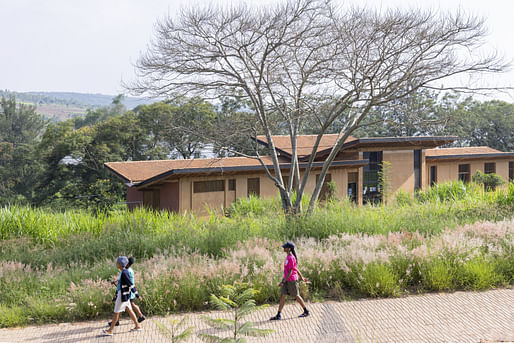
RICA is expected to have a net-zero carbon footprint through landscape design, sustainable construction methods, and the use of locally-sourced materials, such as stone, soil, and vegetation. In addition, the project is completely powered by an on-site 1.5MW solar array and battery storage. The array also supports a network of lake pumps, filtering stations, and irrigation systems.
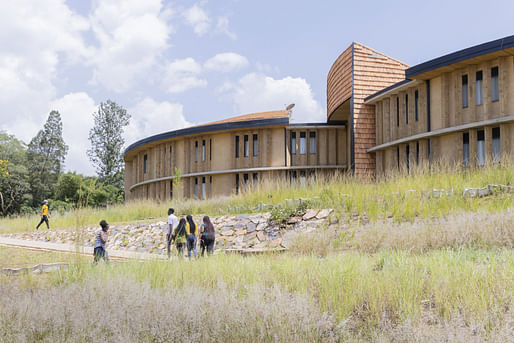
Wastewater streams became a guiding design factor, with the team implementing a treatment plant for human waste, recycling the byproduct for forage crop irrigation. The master plan also facilitates the collection, distribution, and storage of animal waste to safely support composting and fertilization.
The campus’ embodied carbon is set to be 58 percent less than the global average for institutional works, and it is estimated to become carbon-positive by 2044.
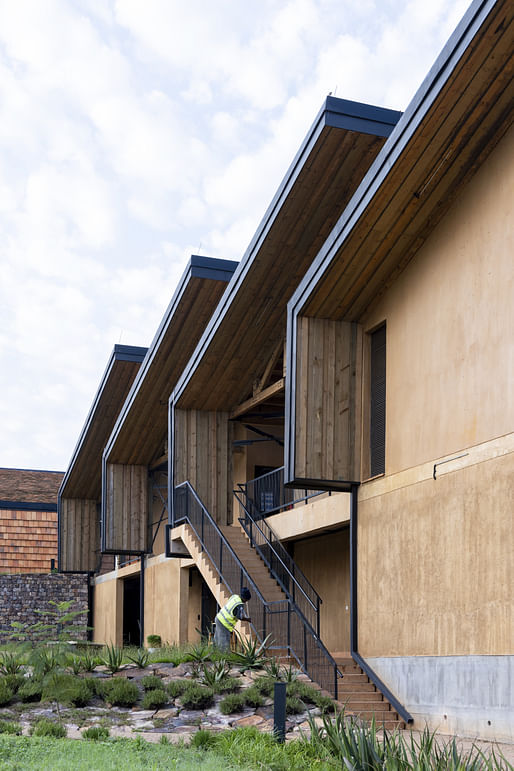
“We are grateful that the Green Prize is elevating the role of design as a strategy for planetary healing and a catalyst for human potential,” says MASS principal and co-executive director, Alan Ricks. “RICA is a powerful reminder that design can be both—a model of abundance not defined by excess, but by balance—where education, conservation, and community thrive together in the face of ecological limits and towards a social foundation where all can flourish.”
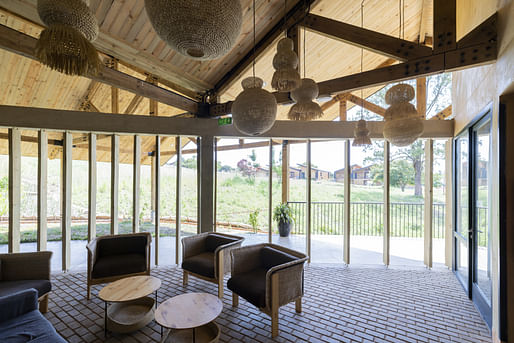
An exhibition showcasing the aspects of the project will be on display at GSD’s Druker Design Gallery beginning October 2025. A public lecture and reception for the exhibition is scheduled for Wednesday, November 5 at Piper Auditorium.

